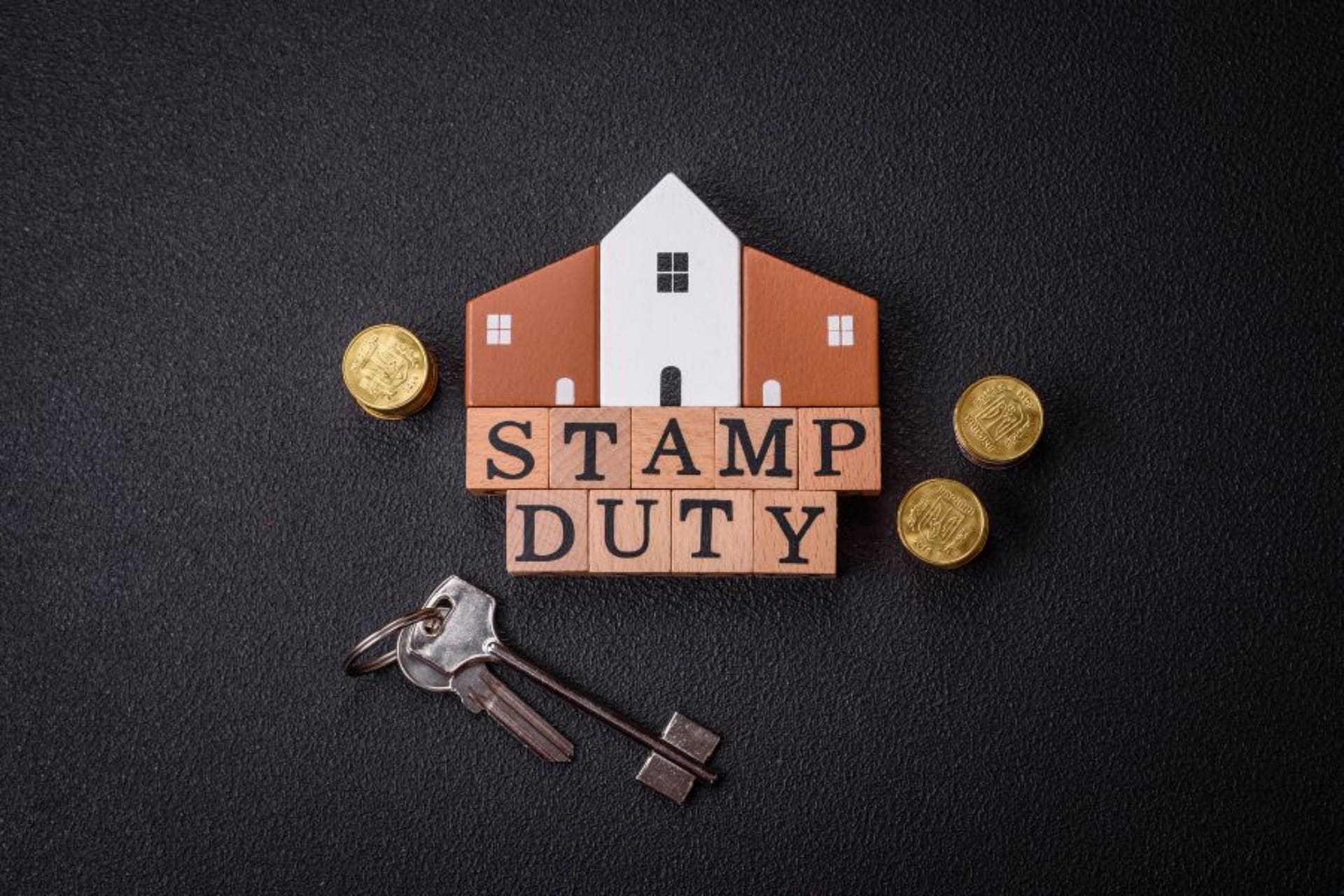Selling commercial property when not registered for Australia’s Goods and Services Tax (GST) is permissible, but it carries distinct financial implications for both sellers and buyers.
Understanding these tax nuances is crucial for maximizing profitability and avoiding potential liabilities.
Table of Contents
ToggleGST Fundamentals
GST is a 10% tax applied to most goods and services, including commercial property transactions. GST-registered businesses collect this tax on the government’s behalf and can claim credits for GST paid on their expenses.
Implications of Selling Without GST Registration
- No GST Added to the Sale Price: The buyer will not pay GST as part of the purchase price.
- Margin Scheme Eligibility: Under specific conditions, the margin scheme may apply, calculating GST only on the difference between your purchase price and the sale price. This can potentially reduce your tax liability.
- Buyer’s Potential GST Obligation: If the buyer is GST-registered and the property is for taxable business purposes, they may be liable to pay GST on the full purchase price to the Australian Taxation Office (ATO).
Considerations for Sellers
Understanding the GST implications of selling without registration is crucial for maximising profits.
While not having to charge GST might seem like a bonus, remember that GST-registered buyers will adjust their offers accordingly to account for their potential GST liability.
Furthermore, not being GST-registered means you cannot claim GST credits on expenses incurred during the sale process, such as legal or agent fees.
Additionally, it’s worth considering that if you had been GST-registered, you might have been able to claim GST credits on previous expenses related to the property – potentially reducing your overall tax burden.
Also read: No Cooling Off Period For Seller
Sale Process
Valuation and Pricing
Determining the right asking price for a commercial property not registered for GST involves a nuanced analysis. Sellers must account for the tax advantages from the buyer’s perspective while also considering the property’s market value, condition, and location. Professional valuation services can provide crucial insights during this phase.
Marketing Strategy
Marketing such properties requires a tailored approach, highlighting the absence of GST as a potential financial benefit to prospective buyers. This unique selling proposition can be a key differentiator in a crowded market, but it must be communicated clearly and effectively.
Legal and Tax Advice
Given the complexities surrounding GST and real estate transactions, obtaining professional legal and tax advice is imperative. This ensures that sellers navigate the sale process without inadvertently violating tax laws or overlooking potential benefits.
The sale of commercial properties not registered for GST presents unique opportunities and challenges. By understanding the legal and financial implications, carefully planning the sale process, and seeking expert advice from conveyancers, sellers can navigate these complexities successfully. This approach not only ensures compliance with tax regulations but also maximises the financial returns from the sale, contributing to a smoother transaction for all parties involved.
Discover the Process of Selling Commercial Property Not Registered for GST with CJC Law
The process of selling commercial property when not registered for GST involves unique complexities. Ensure a smooth and financially optimal transaction with CJC Law.
Our expert conveyancers will guide you through GST implications, the potential benefits of the margin scheme, and help you maximise your sale proceeds. Contact us today for personalised advice tailored to your specific circumstances.




